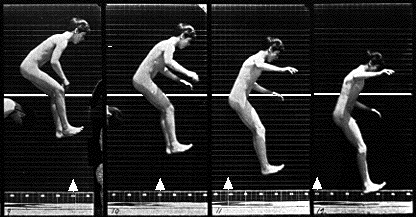"With its emphasis on the sexual, "sexual difference" is in the first and last instance a difference of women from men, female from male; and even the more abstract notion of "sexual differences" resulting not from biology or socialization but from signification and discursive effects ends up being in the last instance a difference (of woman) from man-or better, the very instance of difference in man"
-Teresa de Lavretis "Technology of Gender" (1)
The aspect I found most interesting in the "Technology of Gender," is that throughout this article, Lavretis seems to emphasize that our language has a considerable impact on our perception of gender. How can we as a society change these language barriers? Is it even a possiblity? If so, what ways can we go about creating change?
"But now I must discuss a further problem with Althusser, insofas as a theory of gender is concerned, and that is that in his veiw, "ideology has no outside." It is a foolproof system whose effect is to erase its own traces completely, so that anyone who is "in ideology," caught in its web, believes himself to be outside of it...However, unlike Althusser's subject, who, being completelt "in" ideology, believes himself to be outside and free of it, the subject that I see emerging from current writings and debates within feminism is one that is at the same time inside and outside the ideology of gender, and conscious of being, conscious of that twofold pull, of that division, that doubled vision." (11)
Once again, Fashing the Body students are confronted with the notion of socitey being a net or a web. It seems as though Western feminists have been trying to break certain pieces of "the net" for the past 8-9 decades. Have they suceeded in escaping from certain bonds? And with this reshaping of "the net," what new bonds and connections have been created?
